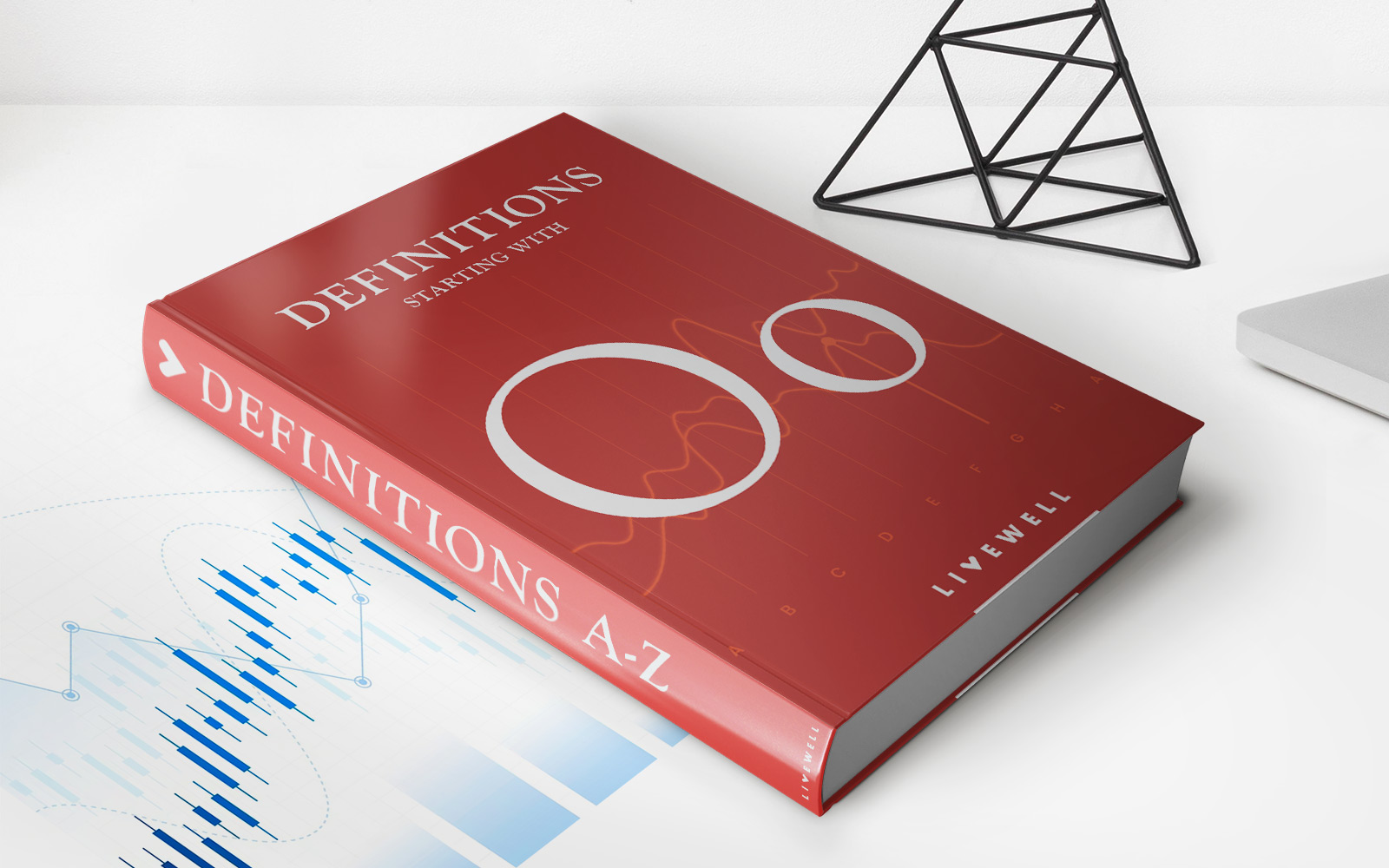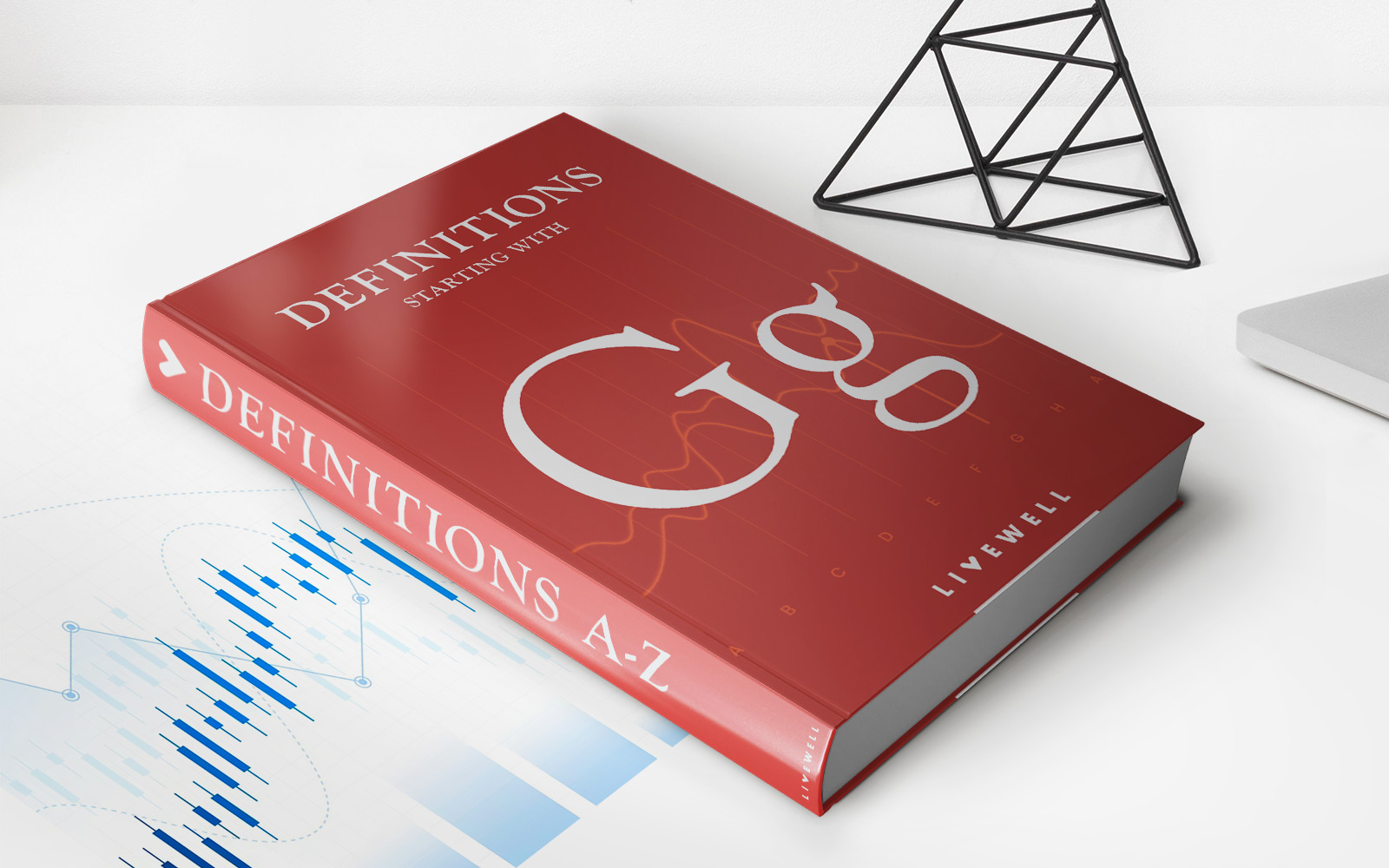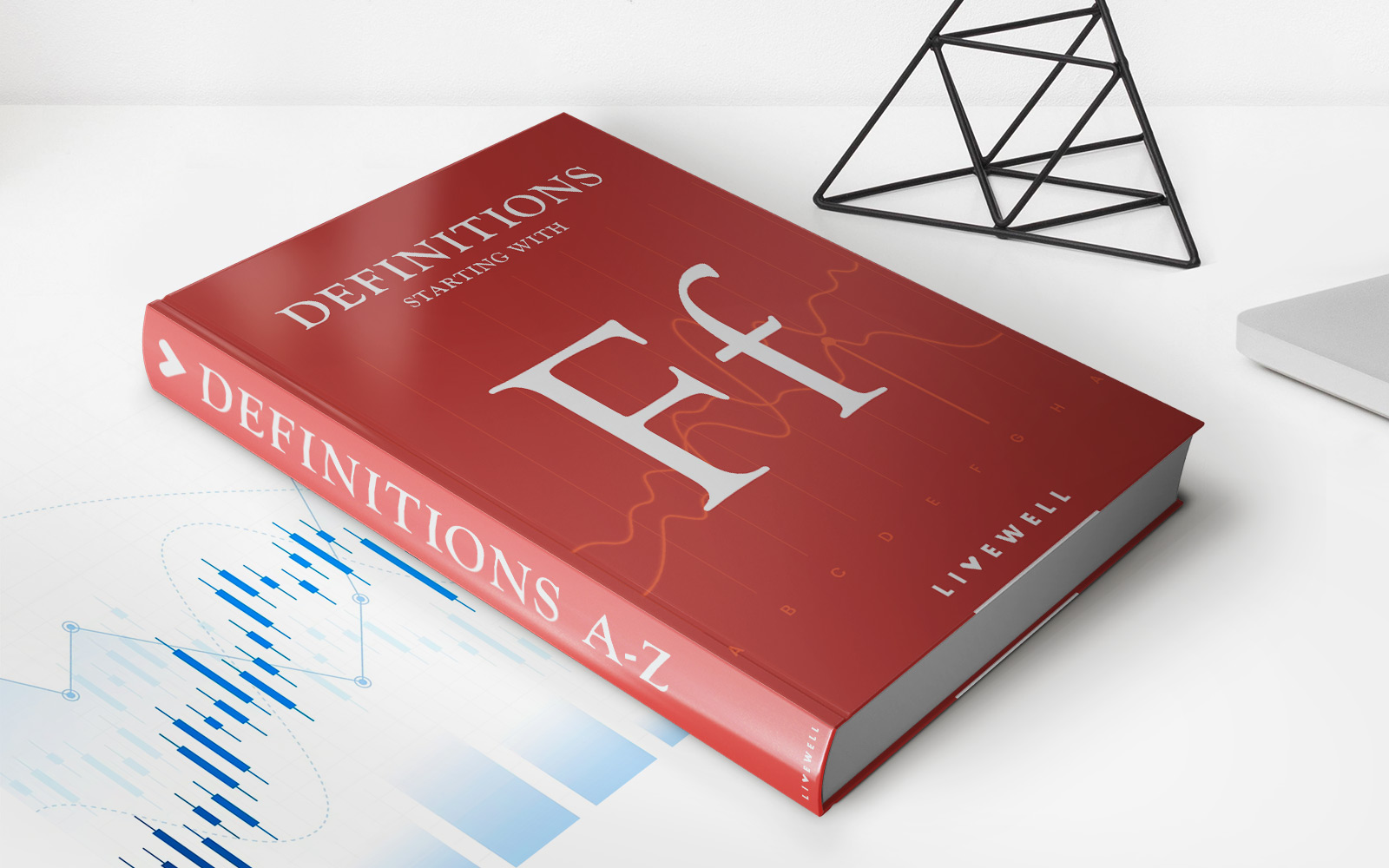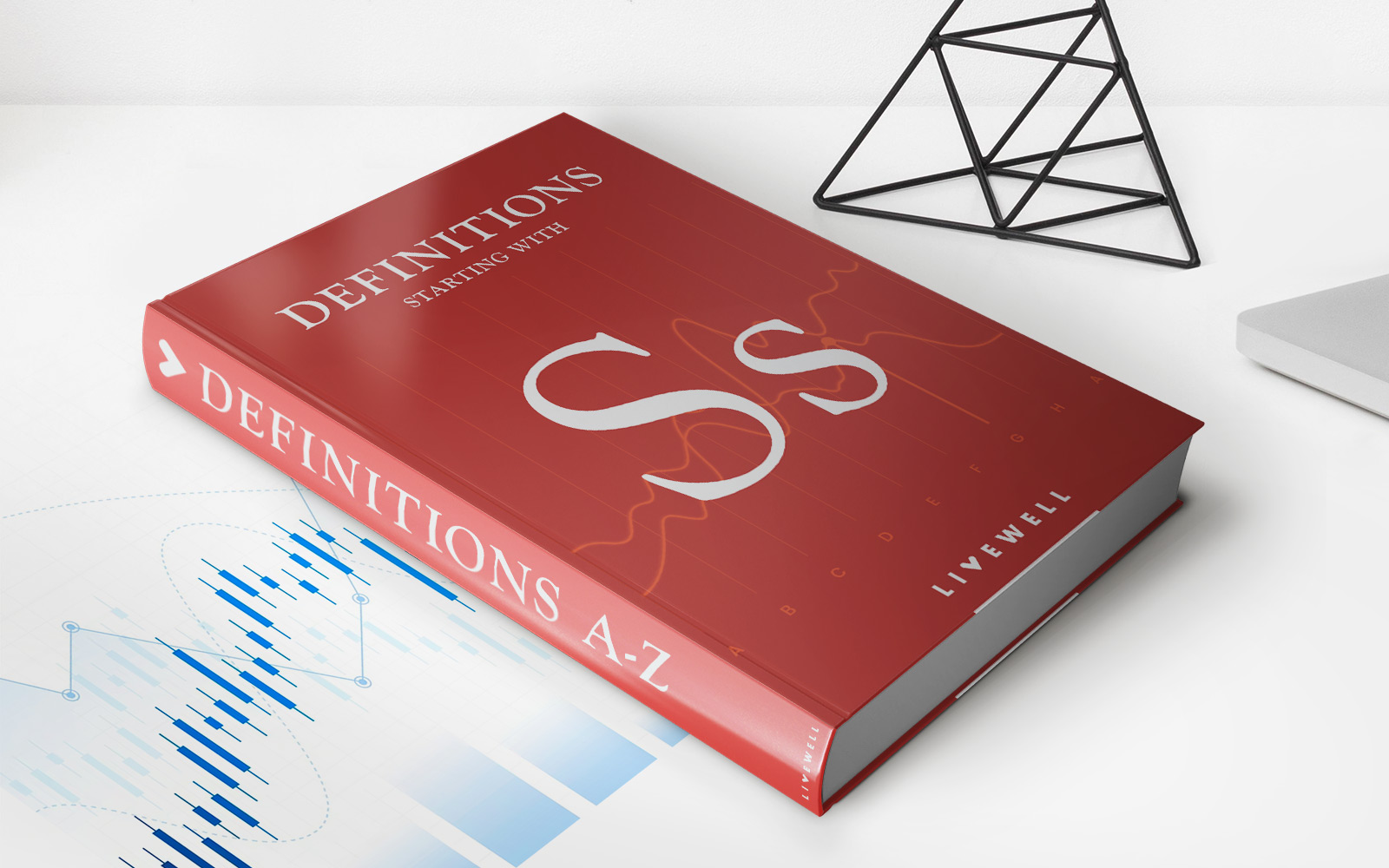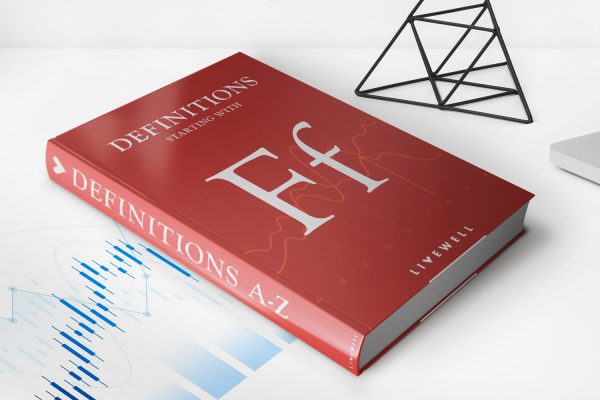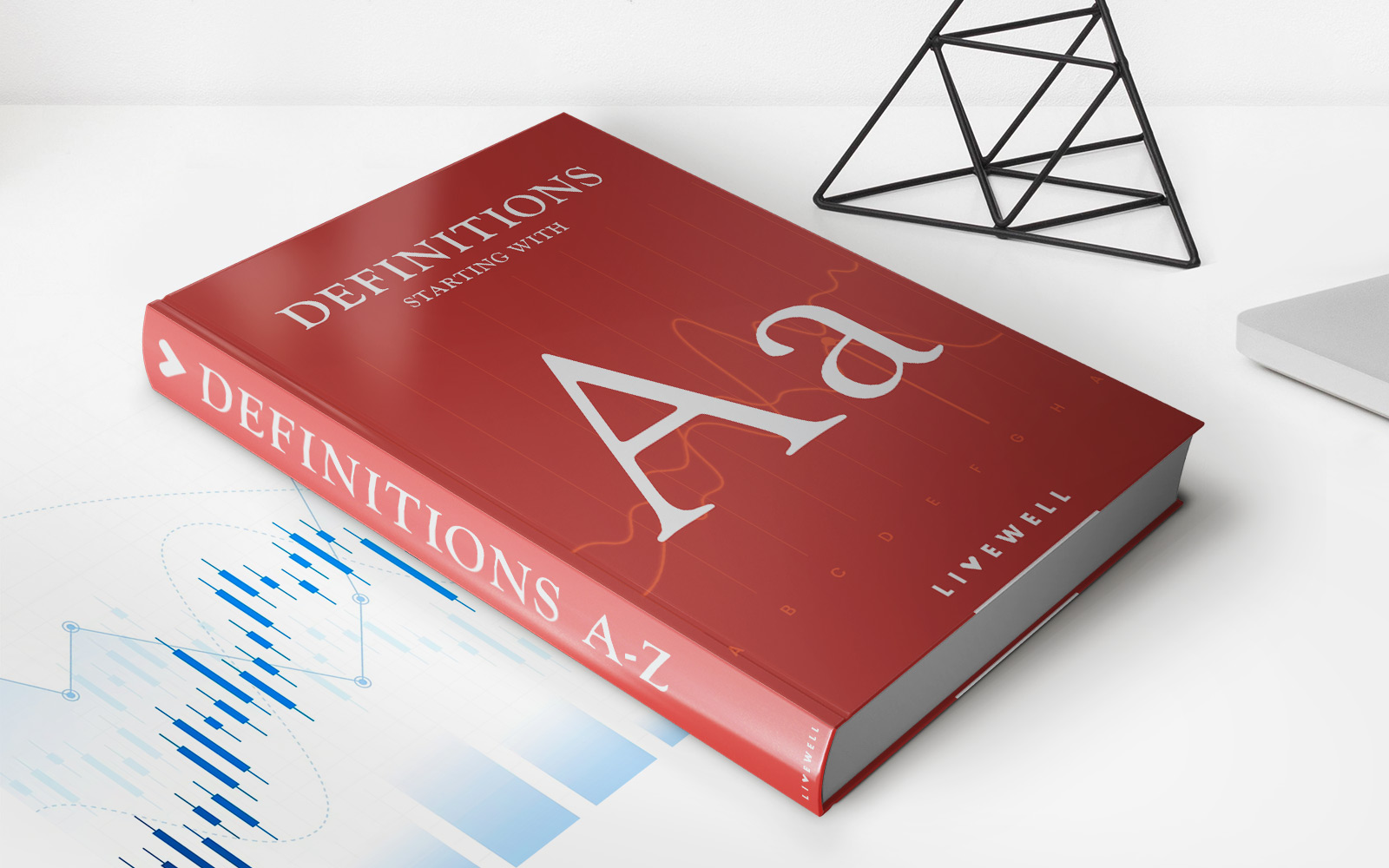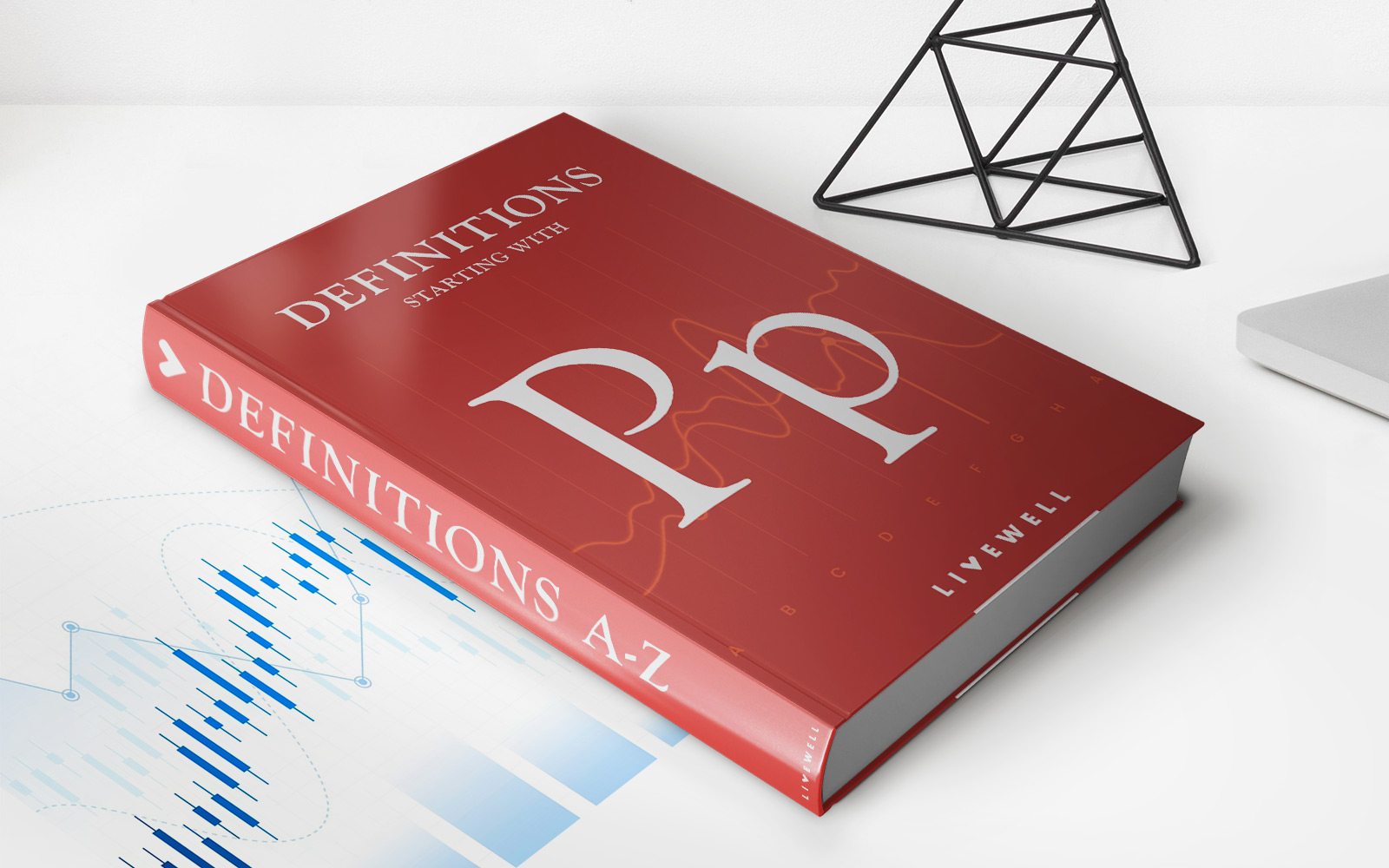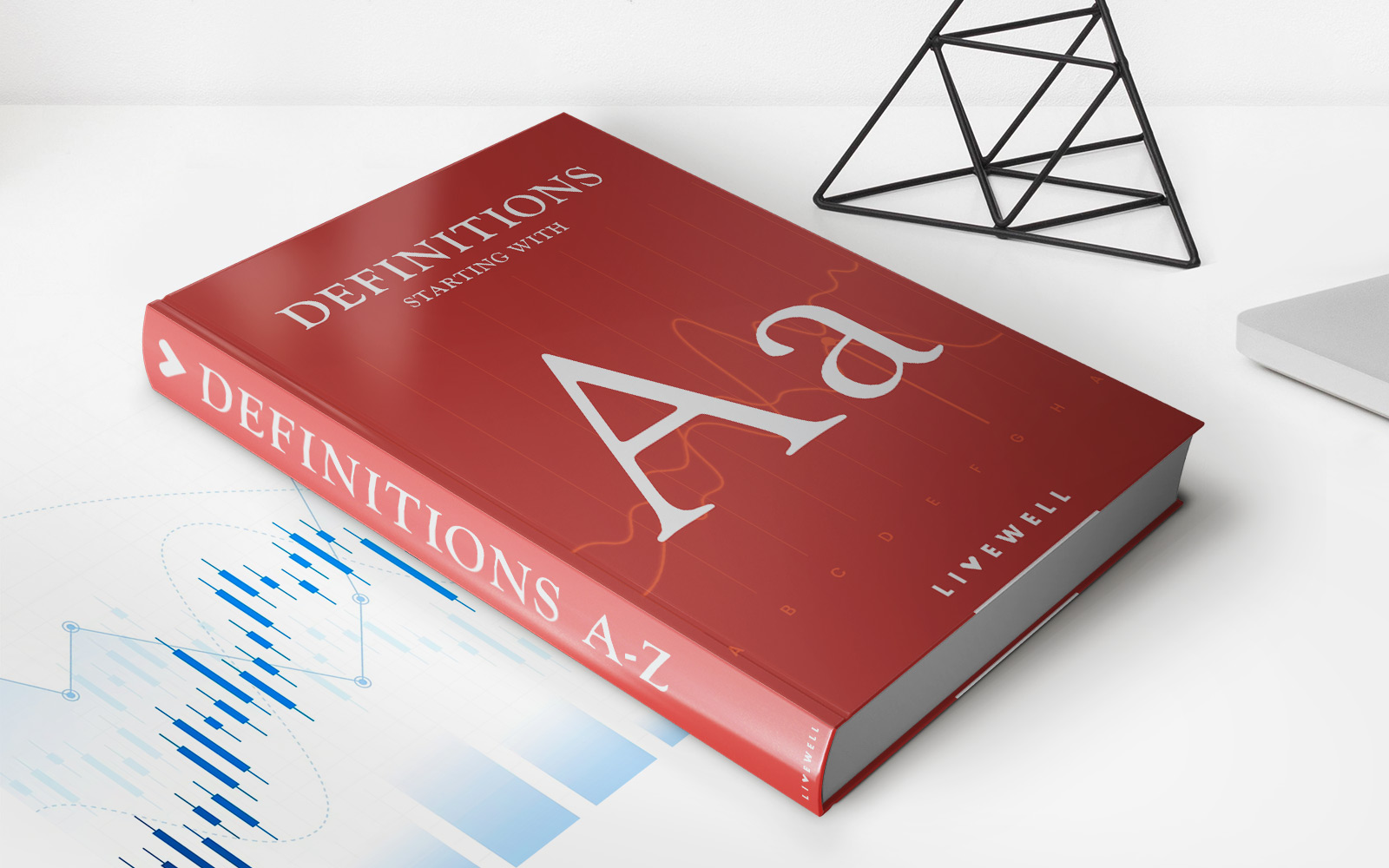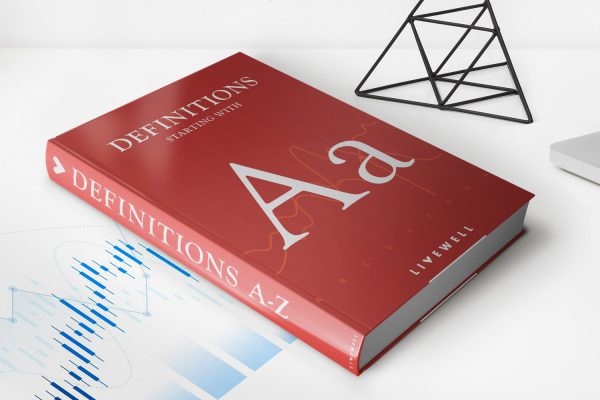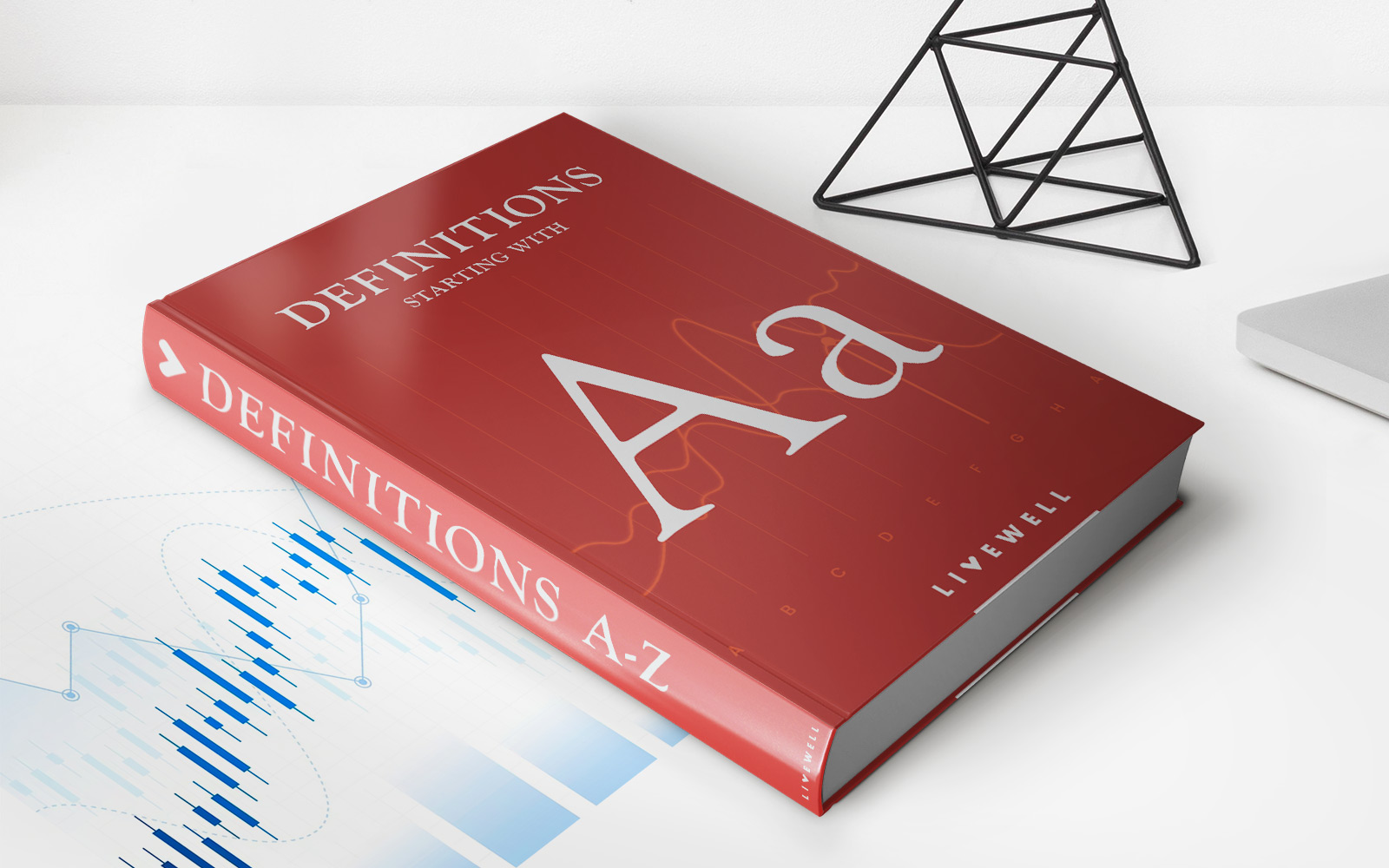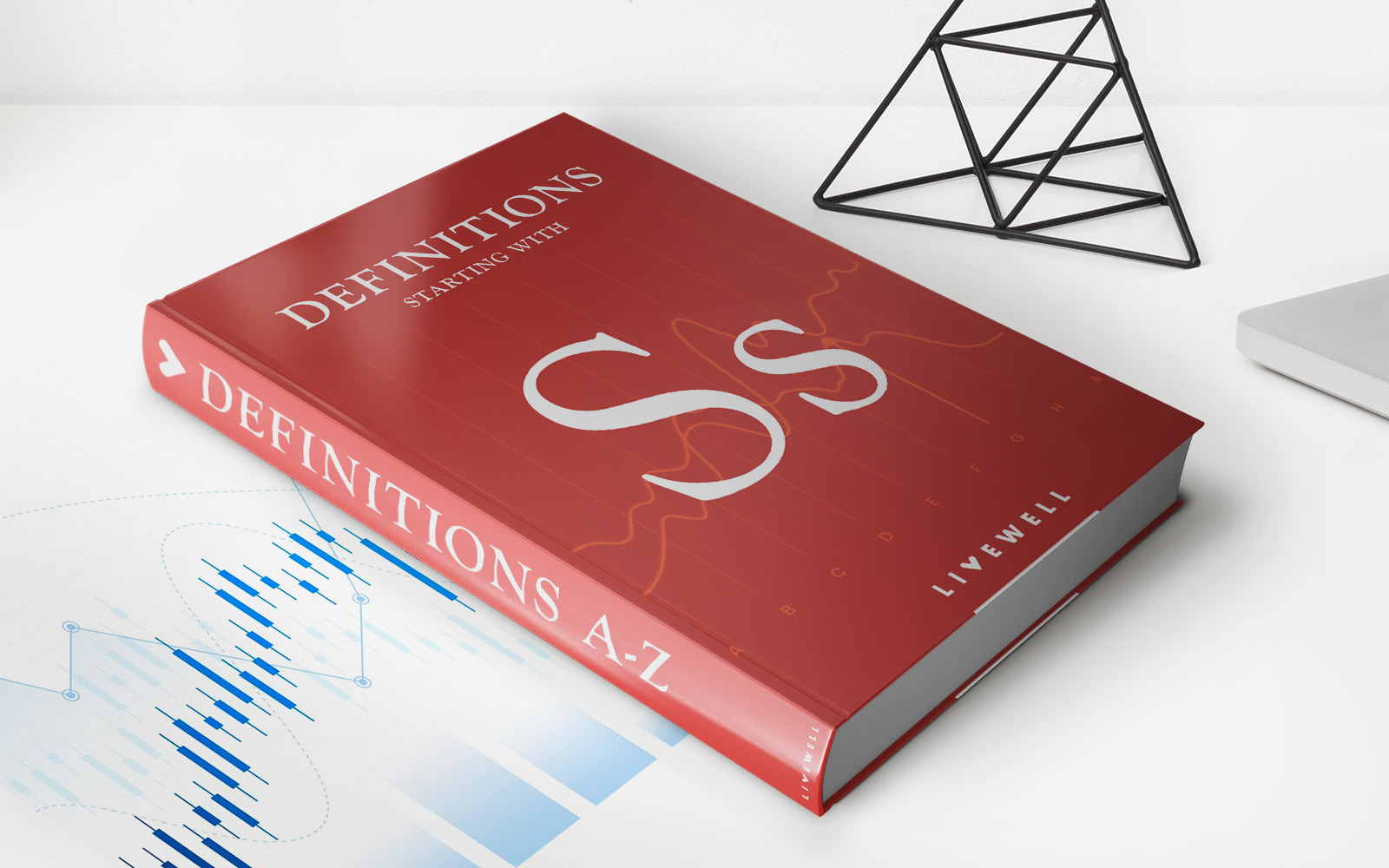Home>Finance>What Is A Fairness Opinion? Definition, Process, Example
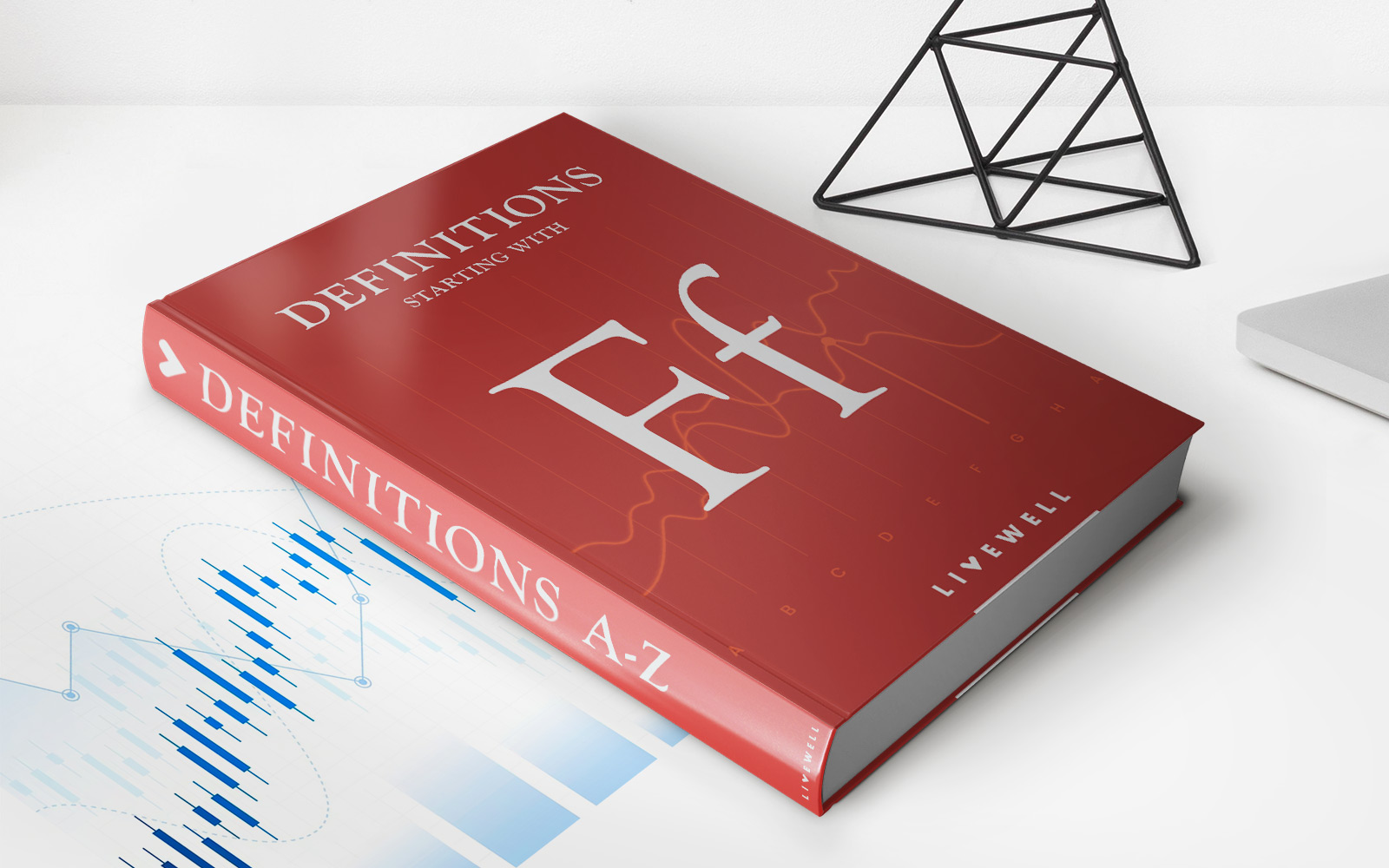

Finance
What Is A Fairness Opinion? Definition, Process, Example
Published: November 22, 2023
Understand the concept of a fairness opinion in finance. Learn about the definition, process, and get an example to grasp this crucial aspect of financial decision-making.
(Many of the links in this article redirect to a specific reviewed product. Your purchase of these products through affiliate links helps to generate commission for LiveWell, at no extra cost. Learn more)
What Is a Fairness Opinion? Definition, Process, Example
When it comes to making important financial decisions, it is crucial to ensure that all parties involved are treated fairly and ethically. One tool that helps achieve this is a fairness opinion. In this blog post, we will explore the definition, process, and provide an example to help you understand this important concept in the world of finance.
Key Takeaways:
- A fairness opinion is a professional evaluation conducted by a financial expert to determine if a particular transaction is fair from a financial standpoint.
- The process of obtaining a fairness opinion involves a thorough analysis of financial data, market conditions, and industry standards.
Now, let’s dive deeper into understanding what a fairness opinion entails and how it can impact financial decision-making.
Defining a Fairness Opinion
A fairness opinion is a professional assessment conducted by a financial expert, typically an investment bank or consulting firm, to determine if a proposed transaction, such as a merger, acquisition, or restructuring, is fair from a financial perspective. It provides an independent viewpoint that helps all parties involved make informed decisions.
Typically, a fairness opinion is obtained by the board of directors or a special committee overseeing the transaction to ensure that they fulfill their fiduciary duty towards shareholders and stakeholders. By obtaining an expert evaluation, the decision-makers can demonstrate that they have acted in good faith and considered the financial interests of all involved parties.
The Process of Obtaining a Fairness Opinion
Obtaining a fairness opinion involves a comprehensive analysis that takes into account various factors. The process typically includes:
- Gathering Relevant Information: This step involves collecting all the necessary financial data, such as historical financial statements, projections, and transaction details. The financial expert reviews this information to gain a holistic understanding of the transaction.
- Analyzing Market Conditions: The financial expert evaluates the current market conditions and industry trends to assess the fairness of the proposed transaction. This analysis helps determine if the proposed terms align with market standards and if shareholders are receiving a fair deal.
- Evaluating Financial Models: The expert utilizes sophisticated financial models, valuation techniques, and industry-specific benchmarks to evaluate the financial implications of the proposed transaction. This evaluation helps quantify the potential value and risk associated with the deal.
- Preparing a Formal Report: Based on the analysis, the financial expert prepares a comprehensive report that outlines their findings and conclusions. This report is submitted to the board of directors or the special committee overseeing the transaction.
An Example of a Fairness Opinion
Let’s consider an example to illustrate how a fairness opinion works in practice:
Company ABC, a publicly-traded firm, receives an offer from Company XYZ to acquire all its outstanding shares at $50 per share. The board of directors of Company ABC wants to ensure that this offer is fair to shareholders.
- The board engages an investment bank to provide a fairness opinion. The investment bank conducts a thorough analysis of the financials of both companies and considers market conditions.
- Based on their analysis, the investment bank concludes that the offer of $50 per share is fair to the shareholders of Company ABC, as it represents a premium to the current market price and aligns with industry standards for similar transactions.
- The investment bank prepares a fairness opinion report, which is presented to the board of directors. This report serves as valuable evidence that the board has considered the best interests of the shareholders before making a decision.
In this example, the fairness opinion demonstrates that the proposed transaction indeed treats the shareholders of Company ABC fairly, as determined by an independent financial expert.
Conclusion
A fairness opinion provides an objective evaluation that ensures financial decisions are made in a fair and ethical manner. By engaging a financial expert to conduct a thorough analysis, decision-makers can be confident that they have fulfilled their fiduciary duty and considered the best interests of all stakeholders involved. Whether you’re involved in mergers, acquisitions, or other major transactions, obtaining a fairness opinion can play a vital role in protecting your interests.
